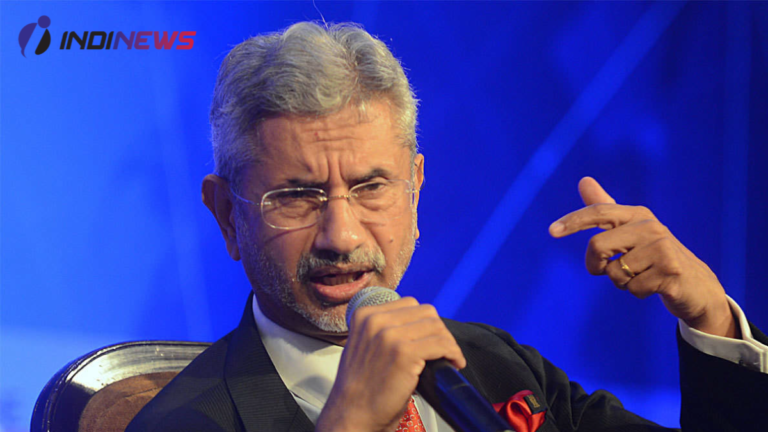
External Affairs Minister S Jaishankar stated unequivocally that Pakistan is one of the countries with which India has difficulty in maintaining a relationship.
External Affairs Minister S. Jaishankar emphasized that if an attack similar to the November 2008 Mumbai attacks were to occur now, it’s crucial to react. He stressed the importance of not letting terrorists believe they are untouchable just because they operate from across the border.
“Terrorists do not play by the rules. “The answer to terrorism cannot have any rules,” he stated during an interactive event on his book, “Why Bharat Matters,” in Pune on Friday evening.
When asked which countries India finds difficult to maintain relations with, Jaishankar replied, “Ek toh bagal mein hai (there is one next door). One of the most difficult challenges we face today, and let’s be honest, we all know it. One particularly challenging one is Pakistan.”
“We need to examine why this is the case. One reason is our own approach. If we had been firm from the beginning that Pakistan’s use of terrorism would not be tolerated under any circumstances, our policy would have been very different,” Jaishankar remarked.

Jaishankar went on to claim that Prime Minister Narendra Modi took office in 2014, but “this problem did not begin in 2014 or when Mumbai was attacked in 2008. This began way back in 1947.”
“In 1947, when the first Pakistanis arrived in Kashmir and attacked it, it was terrorism.” Cities and villages were being burned down, and people were being killed in vast numbers. “These were tribals from Pakistan’s north-west front, whom the Pakistan army put on the front lines to completely disrupt Kashmir, saying ‘we will come after you’,” he said.
“We sent the army, and the integration of Kashmir took place. While the Indian Army was taking action, we paused and went to the UN, mentioning the work of tribal invaders rather than terrorism… We must be extremely clear in our thinking. Terrorism is never acceptable, and if a neighbour or anybody else employs terrorism to bring one to the bargaining table, this should never be tolerated.
Jaishankar remarked that India’s foreign policy maintains a balance of 50% continuity and 50% change.
“The one significant change is regarding terrorism. Following the 2008 Mumbai attacks, there wasn’t anyone who felt we shouldn’t respond. The UPA government at the time held multiple discussions, ultimately concluding that ‘the cost of attacking Pakistan outweighs the cost of not attacking Pakistan.”



